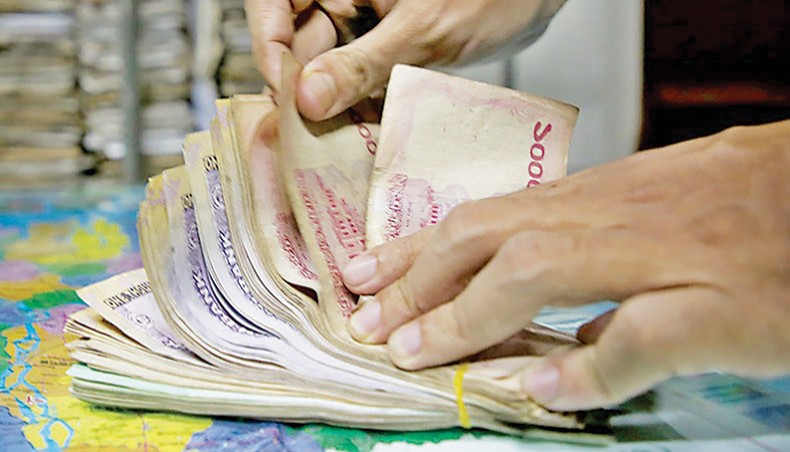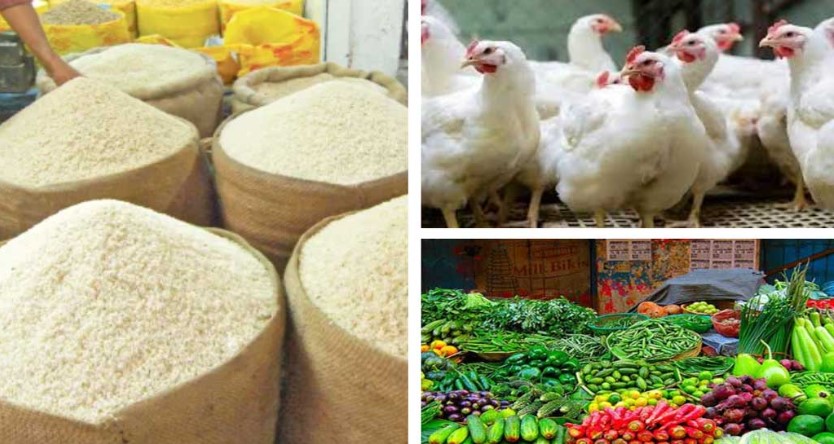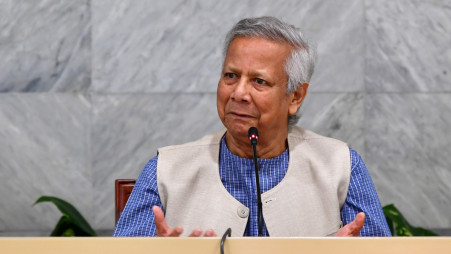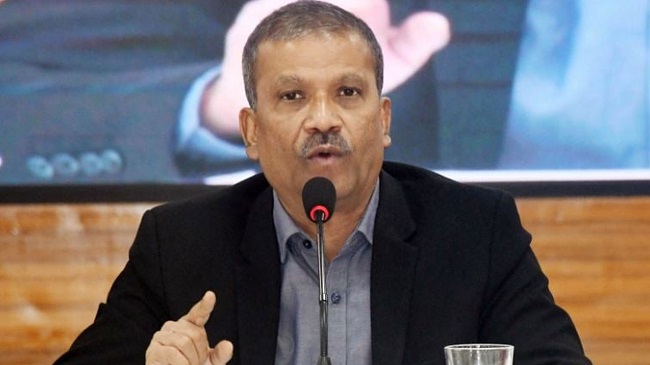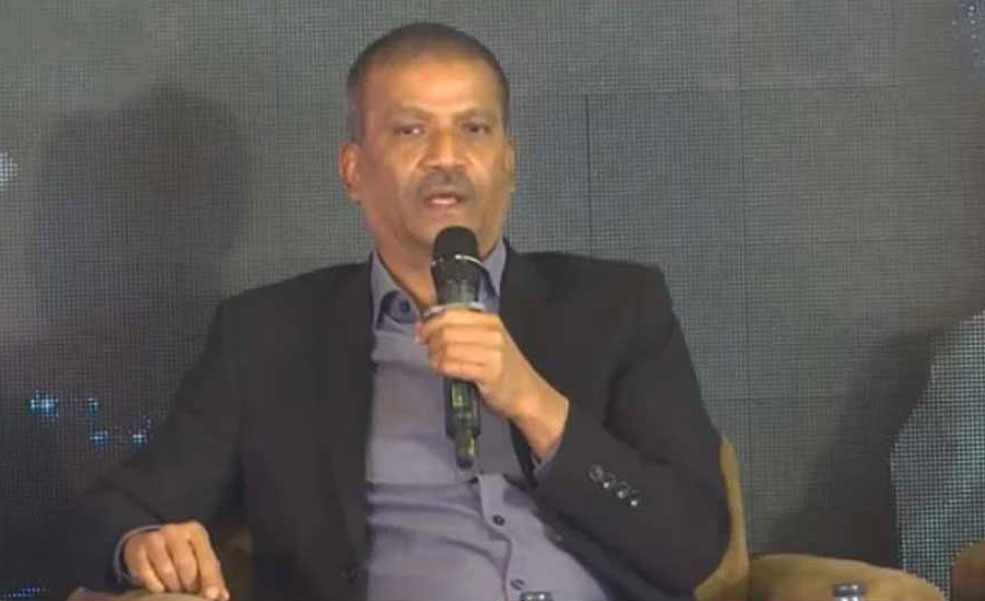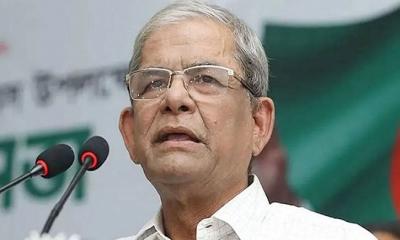The amount of money outside the country’s banking system increased by Tk 37,105 crore in the January-May period this year as a section of people, panicked by the economic setback amid the coronavirus outbreak, preferred keeping cash in their hands to depositing the money in banks while another section withdrew their bank savings to survive after job loss.
The situation may not fuel inflation much but will squeeze the banks’ lending capacity, hampering the implementation of the stimulus packages worth around Tk 1.03 lakh crore announced by the government to revive the economy hit hard by the outbreak of coronavirus, said experts and bankers.
As per Bangladesh Bank data, currency outside the banks increased to Tk 1,93,750.7 at the end of May this year from Tk 1,56,600 crore at the end of December, 2019.
From July, 2018 to December, 2019, currency outside the banking system was between Tk 1,58 000 crore and Tk 1,41,000 crore.
BB officials said that money outside the banking system started rising in March this year and jumped in April and May this year growing by Tk 20,400 crore in two months as the coronavirus outbreak intensified in the country.
SANEM executive director Selim Raihan told New Age, ‘The circulation of money outside the banking system increased as people who became jobless due to the outbreak of coronavirus this year might have withdrawn their savings with the banks to survive the situation.’
After the outbreak of coronavirus on March 8 this year, the country went into a shutdown for around two months till May 30, leaving a large number of population jobless as economic activities came down to a very minimum level.
Although the government lifted the shutdown, normal business and economic activities are yet to be restored as the spread of the deadly flu remained out of control.
Speaking about the people’s tendency for keeping money in hands, Selim, also a Dhaka University economics department professor, said, ‘Another section of people might have preferred keeping cash in hands as a buffer during the pandemic to avoid visiting banks regularly for money.’
Although the cash in hands increased significantly, people did not spend money other than fulfilling their essential requirements, he said, adding, ‘That’s why there would be less chance of creating inflationary pressure.’
The average annual inflation increased to 5.65 per cent in the just concluded financial year 2019-2020 from that of 5.48 per cent in the previous fiscal year 2018-2019.
Given the dismal deposit growth in the banks, holding of cash in hands by people would lower the banks’ ability to issue credit to the businesses as issuing credit to them has become vital for the revival of the country’s economy, Selim said.
With a view to supporting the implementation of the stimulus package, the central bank has taken a number of initiatives including policy relaxation and formation of refinance scheme so that the banks can provide adequate loans to the businesses affected by the coronavirus-induced shutdown.
Besides, the central bank injected more than Tk 7,000 crore into the banking system against the purchase of dollars as the trade stagnation and steady inflow of remittance have resulted in piling up of the greenbacks in the banks.
In the first five months of 2020, the central bank injected Tk 39,207 crore into the banking system.
With the injection of cash, the currency issued by the central bank increased to Tk 2,11,107.5 crore at the end of May this year from Tk 1,71,900 crore five months ago.
Even after the injection of a huge amount of fund by the central bank, the private sector credit growth dropped to 8.86 per cent in May this year, far below the BB-set 14.8 per cent target for FY20.
Despite the injection of a huge amount of money in January-May this year, the central bank would announce expansionary monetary policy for the fiscal year 2020-2021 with a view to amplifying the credit supply to the private sector for the economic recovery, Policy Research Institute executive director Ahsan H Mansur said.


